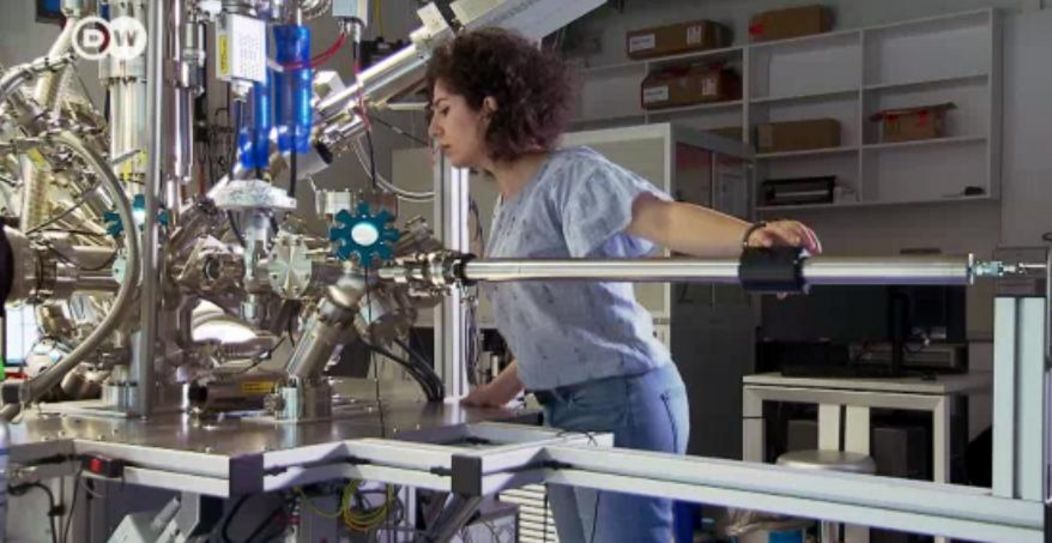 Detail
DetailPhotoelectron Spectroscopy used as a powerful tool for innovative new battery systems
Battery research is a fundamental keystone to tackling the challenge of global climate change. In order to reduce our dependency on fossil fuels and to reduce greenhouse gas emission, electrical cars are becoming more and more popular with their numbers increasing exponentially, doubling each year. While an electric car powered by green electricity has a very small carbon footprint, once it is produced, the production thereof consumes twice as much energy than the production of a combustion engine car.
The large energy consumption results mainly from the battery production and from the extraction of required raw materials. These raw materials, like lithium and cobalt, are often rare and their exploitation takes place under dangerous working conditions while also harming the environment. The vast majority of the batteries powering electric cars nowadays are Lithium-Ion batteries.
Researchers under the supervision of Prof. Maximilian Fichtner at the Helmholtz Institute for Electrochemical Energy Storage in Ulm are working on entirely new and innovative types of batteries, where Lithium is replaced by Sodium or Magnesium and the carbon is derived from biological waste, like apple peelings or peanut shells. The researchers are utilizing an x-ray photoelectron spectroscopy system from SPECS Surface Nano Analysis GmbH to investigate the composition and chemistry of these new batteries and to further improve their performance and durability. The German broadcaster Deutsche Welle has an interesting report on the research being conducted.
